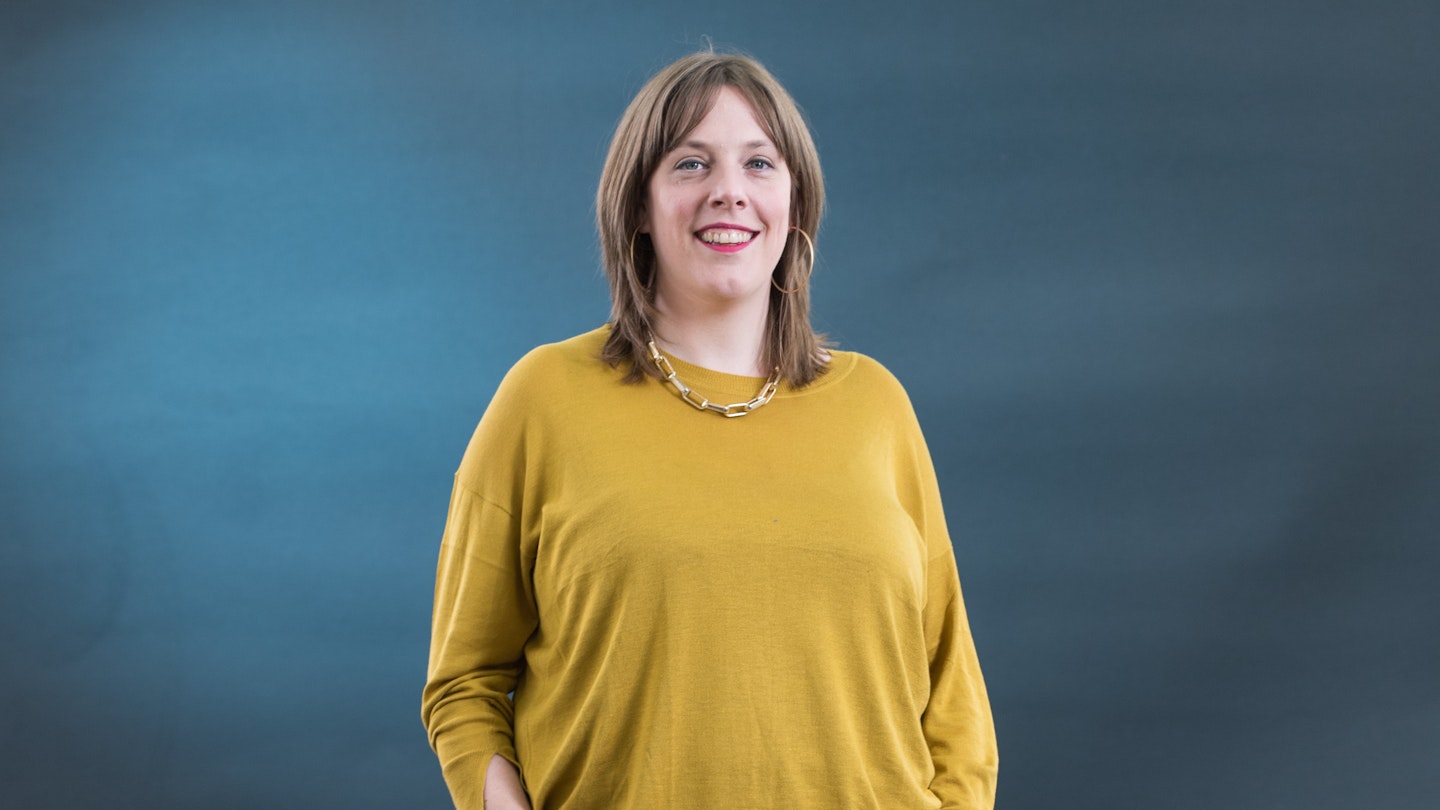A picture at the recent NATO summit in London showed the Queen surrounded by leaders of powerful international allies. Of the 31 world leaders, six were women. Men in dark suits took up the rest of the space, and women around the world once again collectively rolled their eyes; we all thought it would be better by 2019.
In the UK, as I write ahead of the election, women still make up only 32% of MPs. It’s still very much a man’s world; if a man has a sharp suit, a smart haircut (although... clearly not a requirement in the UK or the US) and can speak in full sentences, people automatically assume he’s leadership material. However, look beyond the sea of grey suits and, actually, there are reasons to be cheerful about the last decade of politics and what it has meant for women.
Angela Merkel, Germany’s long-reigning Chancellor, has been one of (if not the only) woman in the group pictures over the past 10 years. She will likely be replaced by another woman when she steps down in 2021. Meanwhile, the UK has had its second female Prime Minister, its first female Secretary of State for Defence and the UK Parliament has seen the highest percentage of women represented on its benches this decade, with the highest percentage ever of women of colour.
On the day I was elected in 2015, Parliament saw the oldest ever woman elected to the house (Ann Clwyd), the youngest (Mhairi Black) and the longest ever serving woman re-elected (Harriet Harman). In Scotland, for a brief, delicious moment, the three major political parties were all led by women, each with big- hitting styles (Nicola Sturgeon, Ruth Davidson and Kezia Dugdale).
Even though the photos are still maddening and the figures are stubbornly hard to shift, politics has had a female face and feel to it over the past decade. Women in politics have brought about hope in a time of turbulence.
Over in America, Hillary Clinton may not have won the US presidential election (despite winning more votes), but her campaign in 2016 for the biggest job in the world felt transformative. Jacinda Ardern, the Prime Minister of New Zealand, threw away the rule book after getting elected in 2017 by getting pregnant while cracking on with her job. After the terrorist attack that rocked her country in March, her compassion and the language she chose to use changed the way the nation grieved – it felt like a light in the midst of horror.
This has been the decade women led the political resistance and changed the face of politics. They’ve made it more personal.
The defiance of a squad of American congresswomen – including Alexandria Ocasio-Cortez, Ilhan Omar, Ayanna Pressley and Rashida Tlaib – in the face of sexism and racism has been incredibly exciting to watch. Their refusal to play by the rules written by generations of men before them feels – for those of us women in politics watching – as if someone has loosened our corsets and we can breathe.
This has been the decade women led the political resistance and changed the face of politics. They’ve made it more personal. Before now, male politicians’ children were wheeled out for photo shoots so they could prove they were good family men (regardless of whether or not they were sleeping with their researchers). But political women have fought to be able to include their children in their work life because of practicalities. They’ve shown women can’t be expected to stay at home any more.
In September 2018, Lib Dem leader Jo Swinson was the first MP to bring her baby into a debate in the House of Commons. It was seen as scandalous by some. More recently, Stella Creasy, fresh from giving birth a few weeks ago, has become the first MP to have proper maternity cover. The more women in politics demand that things have to change, the more they’ve improved. We’ve also fought for flexible working, childcare subsidies and equal pay. This is why representation matters: it’s not the cherry on the cake, it’s the cake itself.
We all know some people can’t stand strong female characters though, so this decade has also seen a rising tide in hatred towards women MPs. My dear friend and colleague Jo Cox was murdered in 2016. To be a woman in politics today is to assume that there is a target on your back. I and fellow female politicians don’t even consider it sad any more; the daily trolling, abuse and threats are simply part of the job. This wasn’t the case in 2010.
But, I don’t doubt for a second that we’ll be able to stamp it out over the next decade. People should know by now, if something is wrong, we’ll fight to change it. The last 10 years has felt like the final miles of a century-long marathon hurtling towards the finish line of women’s equal political representation. The next decade will be the final push. I bet the picture at the 2029 NATO summit won’t be full of quite so many male, grey suits.
READ MORE: Jess Phillips: 'Every Woman I Know Has Suffered Violence, Myself Included'
READ MORE: Meet Jess Phillips: The 'Ordinary' MP Who Always Tells It Like It Is
